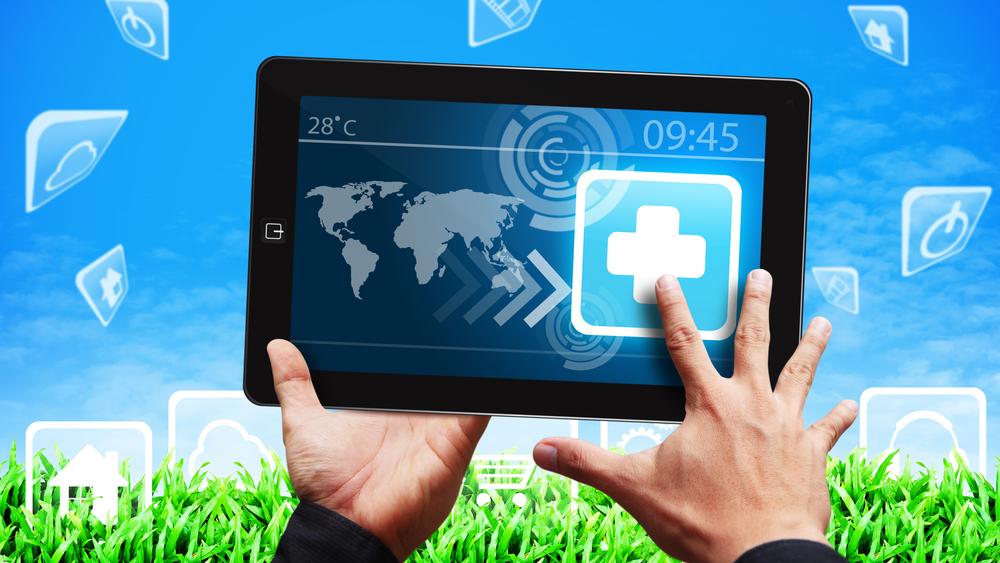Recently, the Center for Technology Innovation at The Brookings Institution hosted a session that examined mHealth applications in Africa—including innovations in Nigeria, Liberia and Sierra Leone—with a focus on Ebola control, and maternal/child health.
The webcast by the Brookings Institution, monitored by nuviun, was focused on how mobile solutions are serving to improve healthcare services—including patient treatment in Nigeria. Projects in Liberia, Sierra Leone and Kenya were also mentioned.
The panelists believed that mobile solutions can improve rural and urban healthcare delivery and public health reporting in the developing world.
Deborah stressed how healthcare workers involved in Ebola control in West Africa used mhealth technologies to provide crucial epidemic treatment information during the epidemic outbreak, while also describing the ‘human factor’ challenges often encountered when rolling out mhealth solutions to make previously strenuous chores simpler.
She said the targeted users are sometimes reluctant or opposed to change.
On this subject, Okuzu noted that the best approach to take when introducing new digital health solutions is to get the policymakers involved. This, according to him, is often more effective than introducing the solution through the workers.
“We’ve tried to deploy solutions from down to the top and from the top to the junior workers and I must say that we found getting policymakers on board to be more effective than convincing individual workers. This is because something as simple as capturing data electronically could require the enactment of a national policy before it could be adopted,” he said.
This reluctance, Deborah said, is quite understandable since those that would use the technology may not necessarily be tech experts and are used to trusting their instincts—but are now being told to trust technology instead.
“Technology could be a temperamental friend or foe. This was why many logistical barriers and attitudes were faced in Liberia. We had to ensure that tablets didn’t hinder caregivers,” she said.
But in Nigeria, Okuzu said those in charge of policies, especially at the state level, are promptly providing necessary assistance to ensure that mhealth solutions are swiftly deployed for public awareness and information gathering.
In his remarks, Brookings Vice President Darrell West spoke on his findings from a paper, Using Mobile Technology to Improve Maternal Health and Fight Ebola: A Case Study of Mobile Innovation in Nigeria. He said that despite the immense roles played by mhealth solutions, the critical impacts they had were underreported.
According to him, mobile technology is upending how healthcare is delivered in Africa, having revolutionized maternal care, chronic disease prevention, and the management of Ebola and malaria epidemics.
He said innovations in mHealth have been shown to improve the efficiency and effectiveness of African medical systems through patient tracking and reporting, as well as extend critically needed health services to underserved areas, found both in rural and urban African communities.
“They have brought needed medical expertise to frontline health workers, systematized the compilation of patient information, tracked the spread of epidemics, and boosted disease training, diagnosis, and treatment,” he said.
Responding to a question asked by a POLITICO correspondent on the sustainability of the various impressive digital health solutions making impacts in Africa, the panelists said they believe current initiatives could be sustained and ‘upscaled’ if those in charge of the initiatives are able to show that the innovation connects with the healthcare goals of the state.
“It is just like trying to say the ATM will not survive in Nigeria. Since everyone knew how hard things were on long queues and how things changed when ATMs were introduced, no one will go back to the old times. Same also goes for mhealth. If we can show the landmark impacts we are having, no one will allow such successful initiative to fizzle out,” Okuzu said.
Log in or register for FREE for full access to ALL site features
As a member of the nuviun community, you can benefit from:
- 24/7 unlimited access to the content library
- Full access to the company and people directories
- Unlimited discussion and commenting privileges
- Your own searchable professional profile








.jpg)
